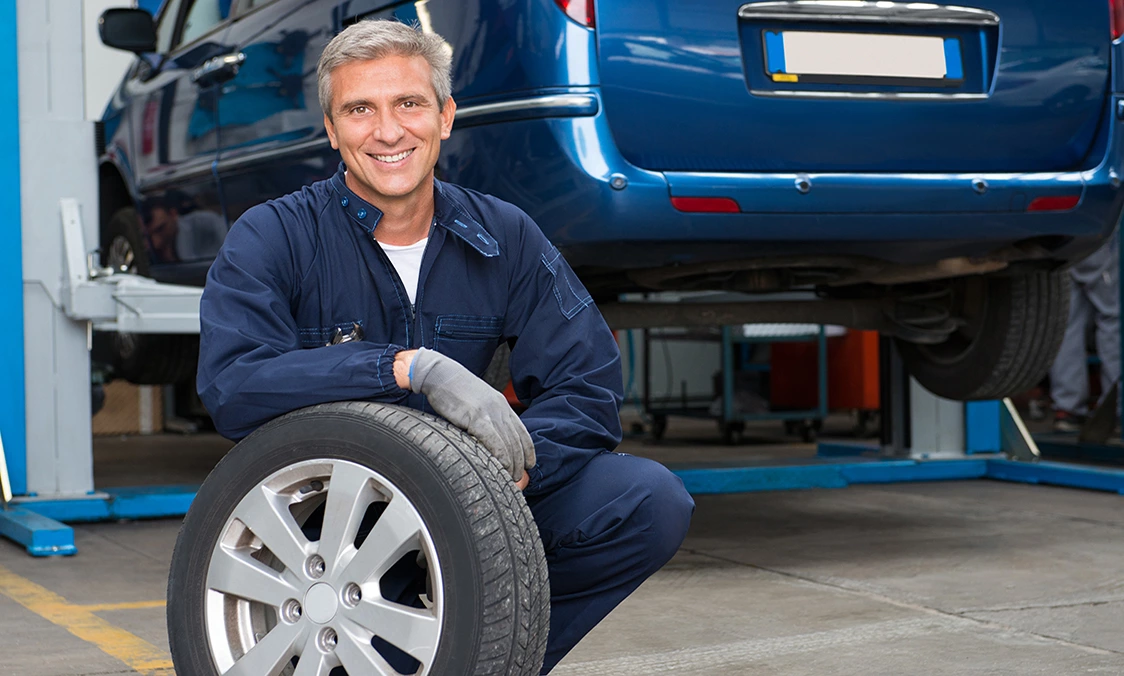Why You Have an O2 Sensor (Oxygen Sensor)
February 9, 2025
If someone asked you what gas made up the largest portion of the atmosphere, what would you guess? Well, it's not oxygen; it only makes up 20.9 percent. But since we're talking about oxygen, you should know that your vehicle uses oxygen sensors to make sure your engine is running the way it should.
The oxygen sensors measure how much oxygen is in your exhaust. If there's too much, it means there's a problem with the mixture of fuel and air. The sensor sends signals to computers in your engine and adjusts the mixture so it maximizes performance and efficiency. It does this constantly.
Many vehicles have multiple oxygen sensors. Some have one close to the engine, another close to the muffler. Two measurements are better than one since they allow readings to be more accurate. You may have a vehicle with a dual exhaust, so you'd have twice as many oxygen sensors.
Your oxygen sensors can fail. One thing that can damage them is contamination from bad fuel. The sensors can simply wear out, though they usually last a long time. It's not unusual for an oxygen sensor to last 100,000 miles/160,000 km. One more thing that can cause an oxygen sensor to fail is residue from an engine that's burning oil. Plus contaminants from the road like salt can also cause problems.
Here are some signs that your oxygen sensors might be failing.
- The Check Engine light goes on. In this case, your service facility can plug in a device that will read the code in your engine's computer to see if that's the problem.
- The engine is running roughly.
- Black, sooty smoke is coming out of your tailpipe.
- Your fuel economy is noticeably lower than it used to be.
Head to your service facility and tell your advisor what symptoms your vehicle is experiencing. They have the equipment and training to track down the issue. Note that simply replacing the oxygen sensor is often not enough since it doesn't get to the root of the problem; other repairs may be needed.
So make sure your oxygen sensors are working the way they should be. Oh, and back to the question of what gas makes up most of the Earth's air? It's nitrogen, which comprises 78 percent of the air we—and our engines—breathe.
Ron's Auto Service
1517 SE 25th Ln
Cape Coral, FL 33904
2398290873
Need Service?
More articles from Ron's Auto Service

See the Light (Bulb Replacement)
February 15, 2026
When you notice one of your headlights has gone out, its important for the safe operation of your vehicle to get it changed and working again. Not only is replacing a headlight important for your ability to see in the dark, but its also vital that it be lighting your way and aimed correctly so o... More

It Pays to Take Care of Your Transmission at Ron's Auto Service
February 8, 2026
If you've been paying attention, you've noticed that vehicle engines are getting more and more powerful in Cape Coral. At the same time, they are getting better and better fuel economy. I've gotta tell 'ya, most of that's because of technological advances in transmissions. To get a better unders... More

Power Steering Pump Replacement
February 1, 2026
When youre driving and you hear a squeal or groan when you turn, it may be a sign your power steering pump is on its last legs. The same is true if you feel your steering is slipping or doesnt respond to your hands like it used to. Precise, responsive steering is, of course, important when it ... More








